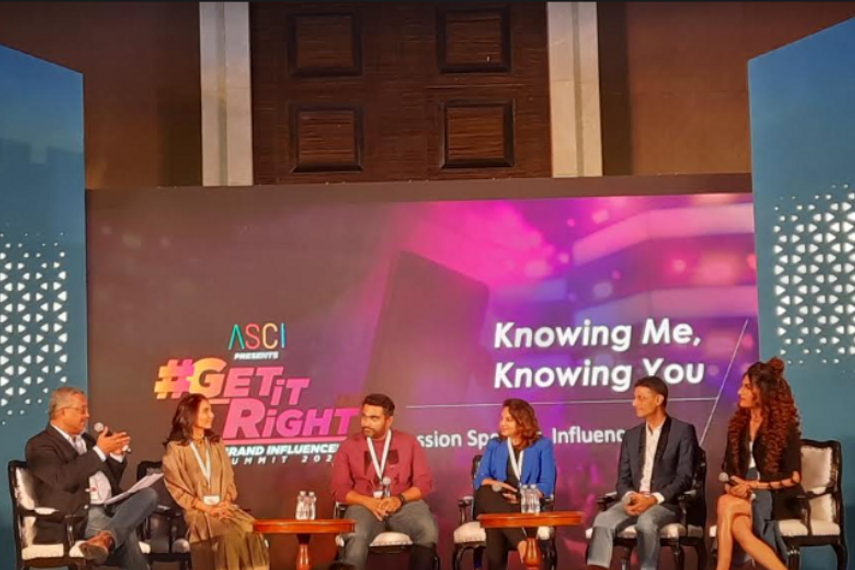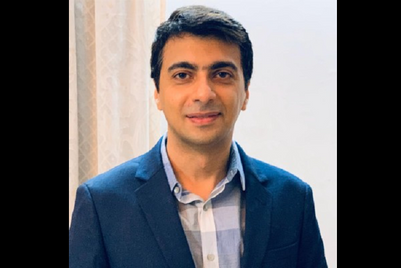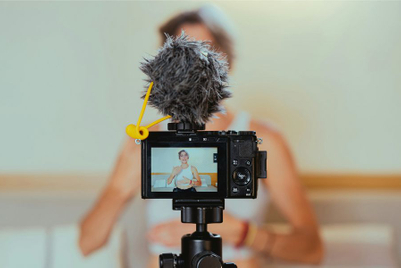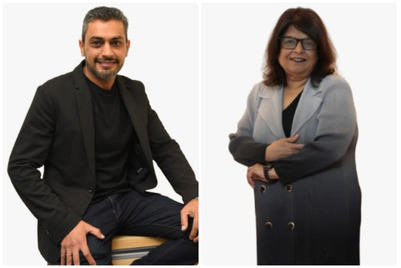
A panel at the Advertising Standard Council of India’s #GetItRight summit 2023 discussed how sustainable relationships can be built between brands and influencers.
The panel comprised influencers Masoom Minawala, Sushant Divgikar and Viraj Ghelani, along with Suneil Chawla, co-founder, Social Beat and Smruthi Rajagopalan, assistant general manager, marketing, L’Oreal, and moderated by Subhash Kamath, former CEO, BBH and Publicis Worldwide, India.
While Rajagopalan believed that influencers have been doing a fabulous job for brands, she had a wish list for those in the space.
“We want influencers to invest time to engage with the brand and learn a little more. We want to maintain that balance of the style of the creator and deliver the content in the right way so that the message lands with the viewer. We also want influencers to come to us with ideas because they know what their audience wants. Not everything is an easy sheet,” she said.
Sponsors can be replaced, but trust can’t
Minawala discussed what she looks to keep in mind before associating with a brand.
“You can replace a sponsor deal but can’t replace trust. I’ve worked for a paycheque in the past, but that’s put years of business at risk. I would only recommend stuff that I’m sure of,” she said.
Responding to a question from Kamath about how influencers can create their own distinguished brand identity in a crowded space, Minawala spoke about the importance of being authentic.
“It’s a booming industry and the only differentiating factor in this is ourselves. We can replicate others now in a matter of minutes. I’m not being ideological, but it’s really about being authentic. Viraj is a great example who has built his USP around being Gujju (Gujarati),” she said.
On the same topic, Gheyani added, “If you own up to your flaws, it works very well. I’m not great with English and when I say this I see some parts of my audience relating to it. I have never got hate on my page and this is because I’m honest. If you’re real on the internet, it’ll work.”
Product development through influencers
Rajagopalan stated how L’Oreal ended up solving a business problem because of the feedback the product got after being reviewed by influencers.
“We got to know that our waterproof mascara was difficult to remove and that was a pain point for users. We took that feedback and made a different product, which was a mascara remover as a recommended product for users and packaged the two together,” said Rajagopalan.
Impact
Stepping in Chawla spoke about how brands are now looking for results as influencer marketing budgets increase.
“After the pandemic hit, we saw the rise of influencer marketing and we scaled up. With the rise in prominence of influencers, brand budgets for the same are also rising. We’re seeing some brands using 15-30% of their marketing spends on influencers and because of so much money being spent, businesses want to see the impact it's making (on the revenue).
Diversity
Divgikar spoke about being a token representative on panels or during discussions when brands look to push their diversity agenda.
“Brands invite me as a tick for their diversity, equity and inclusivity requirements. Budgets need to be spent and I’m invited as a token. Commodities are commodities and are gender agnostic. As for me, I’m an artist. I realised that when it comes to brands, showing off diversity isn’t really required. If I’ve got gorgeous hair, they can use me because of it and not because I’m transgender. Just painting your logo in rainbow colours isn’t walking the talk,” said Divgikar.
Divgikar added that this lack of diversity isn’t just about gender, but also about reaching out to all of India.
“When we see influencer marketing campaigns, we don’t see people from tier-two towns. It’s time brands think about them too. We forget we’re brown and darker as a race. Art should have no barriers and let it not be exclusive,” added Divgikar.
Taking on the point about regional influencers, Chawla added, “We are seeing regional influencers getting better deals now. For example, we are seeing engineering colleges that want to reach out to students in Bihar, using influencers who can speak in the Bihari slang to get them involved.”
Rajagopalan spoke about the career cycle of an influencer and how L’Oreal views them.
“For those at the start of their journey, we look to have barter deals. That helps them get the experience too. That’s the entry point. Then, they can look at monetising. We’ve started going more regional and creating workshops where we can help them in their journey,” she said.
Signing off, Gheyani had a piece of advice for brands.
“I love money and I love working for brands. But everyone knows that occasions like Valentine’s Day occur on 14 February every year. Please don’t come with a brief on 12 February for that. It doesn’t help anyone. I can’t get the funny script required which in turn won’t help the brand,” he said.


.jpg&h=334&w=500&q=100&v=20250320&c=1)
.jpg&h=334&w=500&q=100&v=20250320&c=1)



.jpg&h=334&w=500&q=100&v=20250320&c=1)
.jpg&h=334&w=500&q=100&v=20250320&c=1)


.jpg&h=334&w=500&q=100&v=20250320&c=1)
.jpg&h=268&w=401&q=100&v=20250320&c=1)



.jpg&h=268&w=401&q=100&v=20250320&c=1)


.jpg&h=268&w=401&q=100&v=20250320&c=1)
